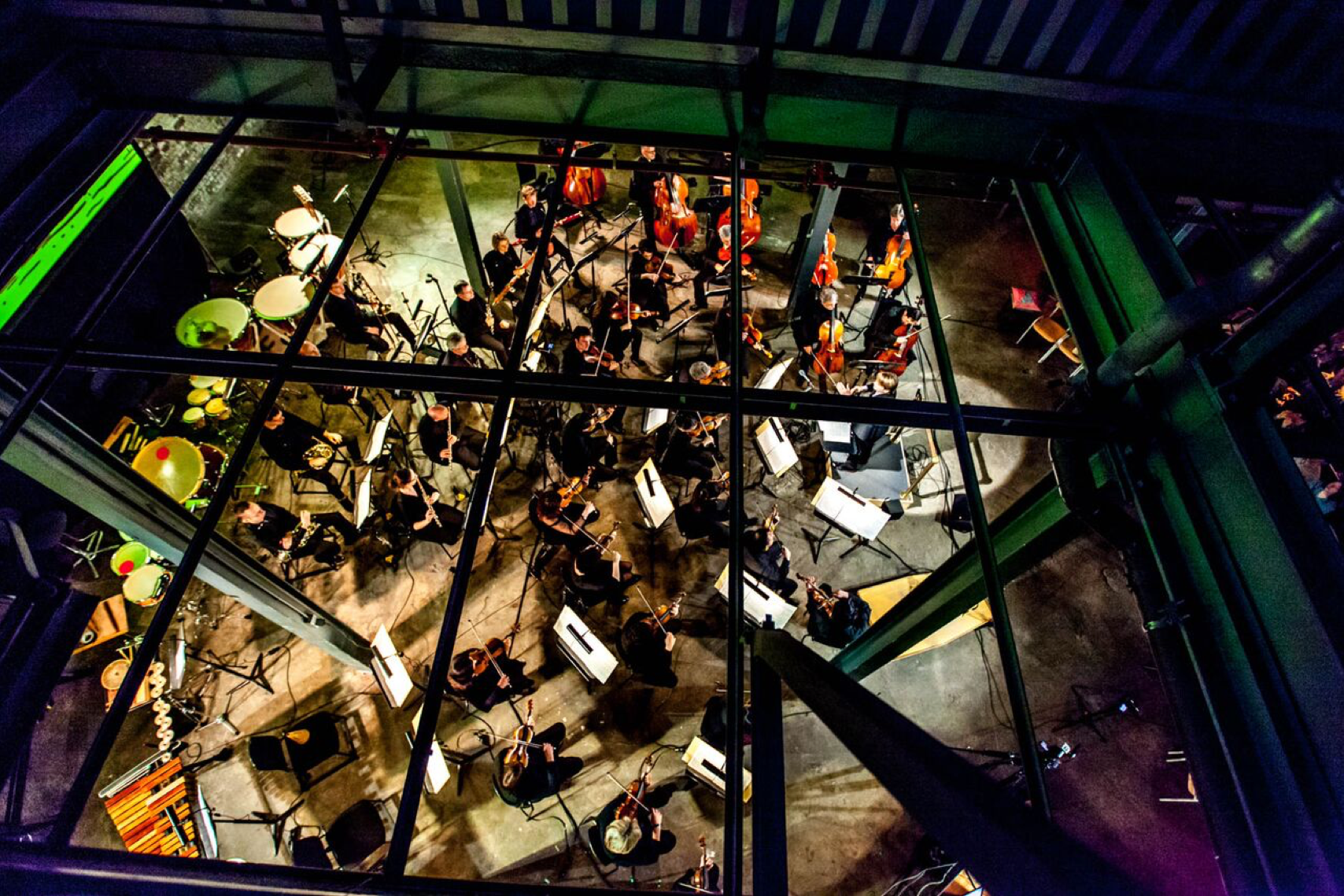Orchestras in a Changing Climate
Digital Roundtable - Maastricht Centre for the Innovation of Classical Music
11 November 2021
The Maastricht Centre for the Innovation of Classical Music arose from the need to reflect on and actively shape the future of classical music. This November, world leaders gathered in Glasgow for the UN Climate Change Conference to discuss how to accelerate actions to meet the goals of the Paris Agreement of 2015. For this digital seminar, we also wanted to explore the pressing issue of climate change focusing on its impact on symphonic practice in the present and in the future.
During the most difficult times of the COVID-19 pandemic, cultural institutions were forced to fundamentally rethink the ways in which they worked. Issues such as reaching audiences, using new technologies, and managing risks to staff and the public became everyday cultural work. While we are all glad to be back on the stage, at the museum, and in schools, we should not revert to ‘business as usual’ and forget these learned lessons. The fast and decisive changes brought about by the pandemic can be seen as a blueprint for the action required in the face of climate emergency. Orchestras in a Chaning Climate
During the seminar, we discussed the ways in which the classical music sector can react to the challenge of climate change both artistically and organizationally. We also discussed the realistic impact the sector can have as well as what other cultural institutions are already doing.
In this roundtable discussion, we were joined by Jan Jaap Knol from Boekmanstichting in the Netherlands, Detlef Grooß from Orchester des Wandels in Germany, Georgina MacDonell Finlayson from Nevis Ensemble in the UK, and Teemu Kirjonen from Lahti Symphony Orchestra in Finland, and Stine Skovbon from the Erasmus University Rotterdam. The roundtable was moderated by Prof Peter Peters, director of the Maastricht Centre for the Innovation of Classical Music in the Netherlands.
